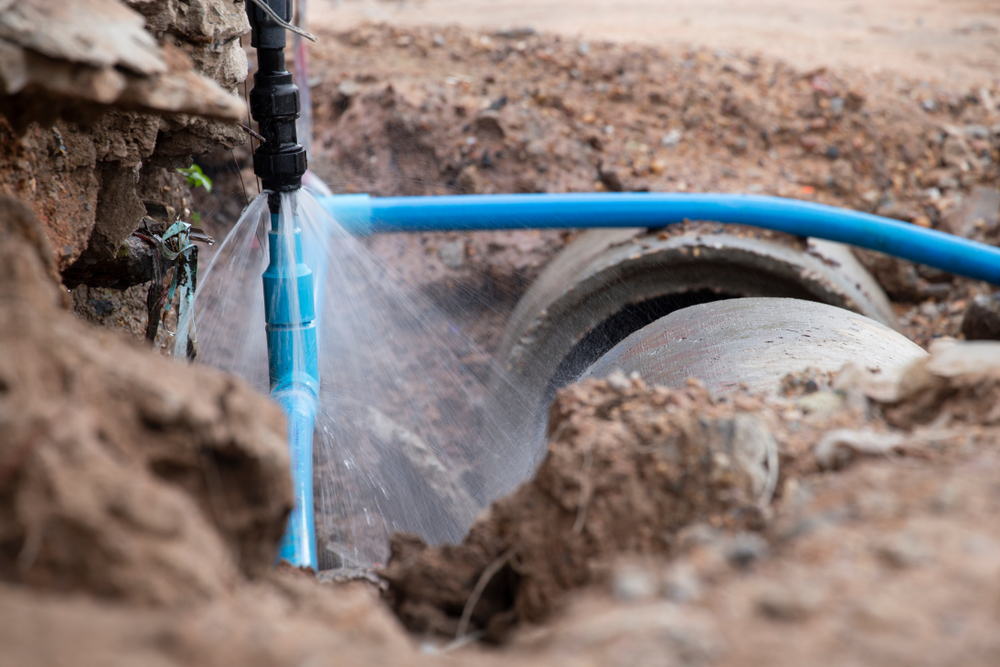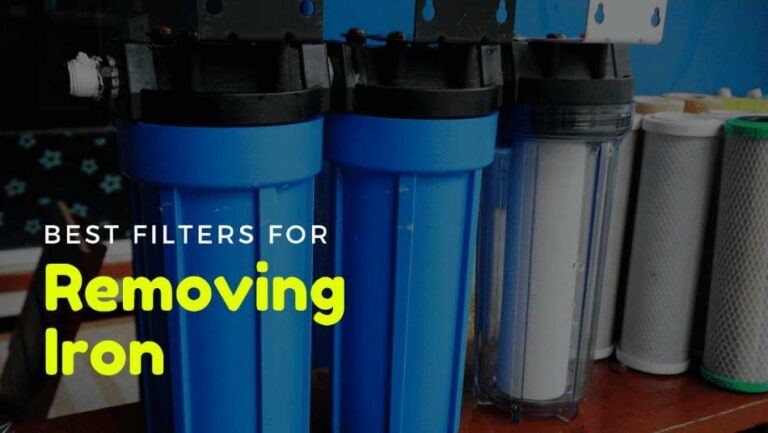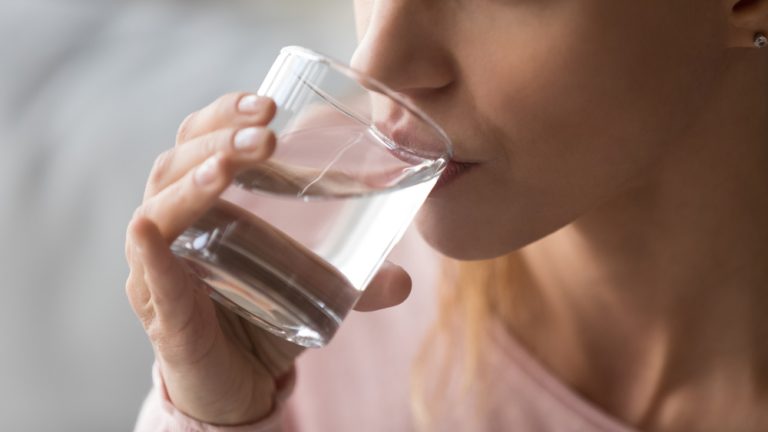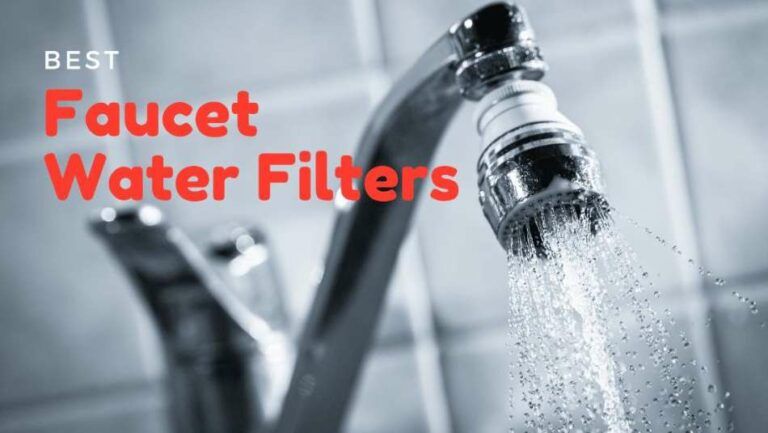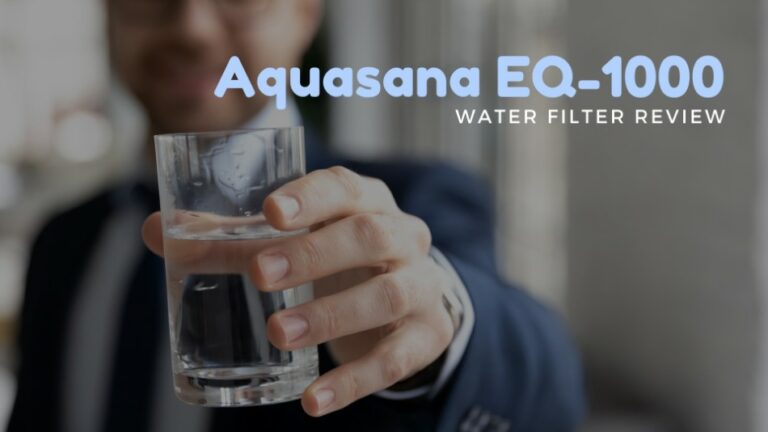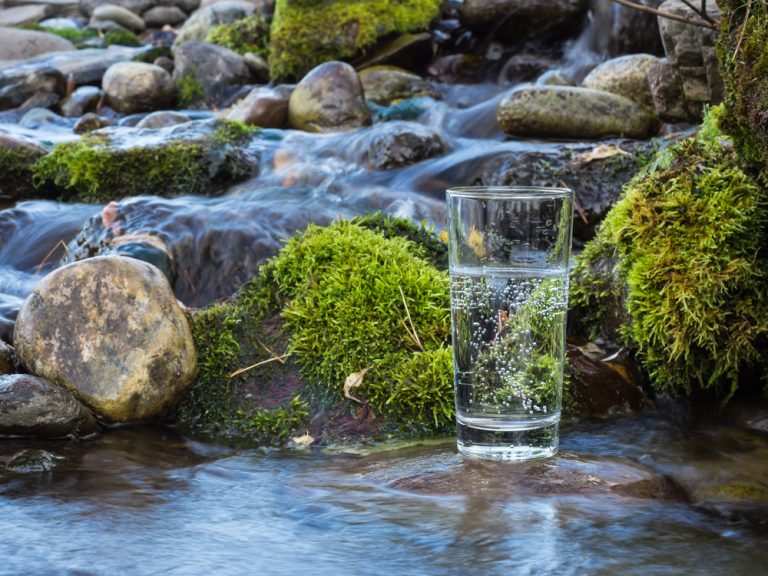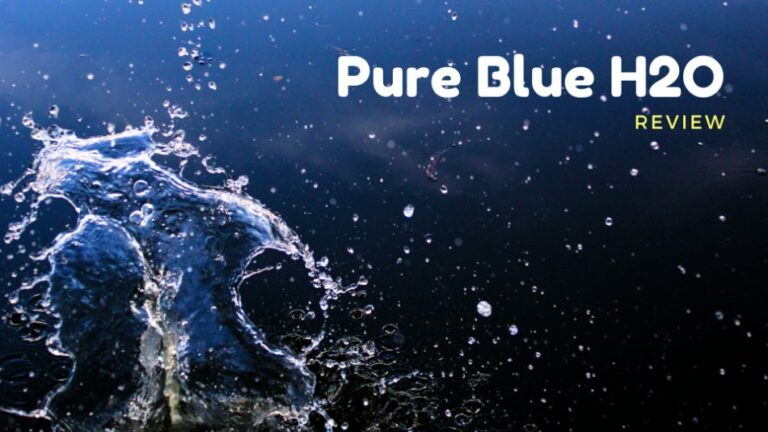How To Clean Sediment From Water Lines
It is only natural that sediments are present in water lines, especially when using untreated water. You might be wondering how to clean or remove these sediments before using this water. Worry no more because we are here to give you guidance on how to clean sediment from water lines.
There are so many ways to clean sediment from water lines. You can clean sediment by changing your pipeline. You can also use a water descaler. Another method is using pre-treatment chemicals. But the best and most recommended way is to install a water filter.
Methods To Clean Sediment From Water Lines
We’ll start with changing your pipeline.
Changing Your Pipeline
If you are seeing some sediments flowing out of your water line, maybe it is because your pipeline is too old and has accumulated scales and rust as years passed by. Sediments may enter your pipelines through leaks and holes.
If that’s the case, then it’s time to change your pipeline, especially when your old pipes are galvanized iron or black iron. These metal-based pipes are prone to corrosion. You may change them to plastic pipes because they are designed to resist corrosion. An example of plastic pipe materials are PVC, UPVC, and PP-R.
Water Descaler
Some sediments are caused by rust and scale deposits in your water lines. If you can’t change your pipes, you may opt to use a water descaler. Descalers are solutions made of acid-based chemicals. They will dissolve the sediments present in your water line.
Just be careful when using a water descaler, it is harmful not only to humans but also to the environment. It is better to contact a water treatment expert before doing this.
Pre-Treatment Chemicals
Similar to water descalers, these are also chemicals used to clean sediments in water lines. Pre-treatment chemicals are installed in the water source line preventing sediment accumulation like scales and rust in the pipelines. Anti-scalants and corrosion inhibitors are examples of pre-treatment chemicals. The industrial sectors are using pre-treatment chemicals in their water lines.
Water Filters
Water filters have different types, but all have the same purpose: to filter out solid particles and suspended solids like sediments from water. They have a variety of sizes and applications depending on your water requirement.
How Do Water Filters Clean Sediment From Water Lines?
Sediments are suspended solids of different sizes. They are measured in what we call microns. Water may contain sediments ranging from 1 micron up to a hundred microns. Water filters trap these sediments, preventing them from passing through. As a result, only clean or clear water shall pass through a water filter, and that’s how water filters clean sediment from water lines
Types Of Water Filters
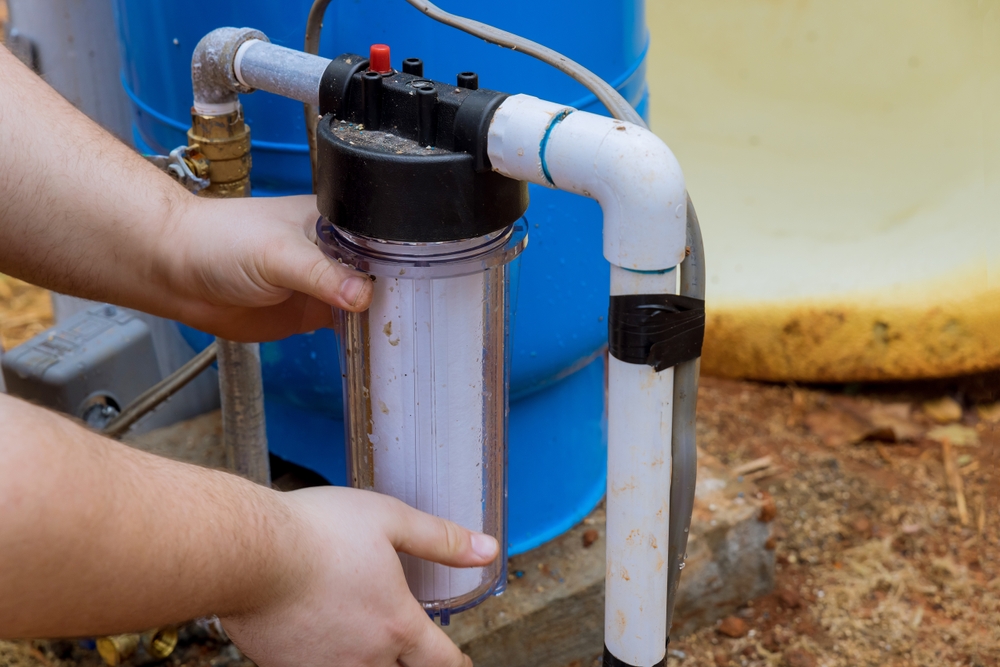
We’ll start with bag filters.
Bag Filters
A bag filter is a water filter where sediments are trapped and captured inside the bag. It is composed of a bag filter and a filter housing in a cylinder shape. It can filter sediments from 10 microns to 100 microns. Bag filters are usually used after multi-media filters.
Multi-Media Filters
A multimedia filter is a water filter with 3 layers of filtration media. The media is made of gravel, silica sand, and activated carbon. The multimedia filter is commonly used for industrial applications. It can clean not only sediments in water but also the taste, color, and odor of water.
Sediment Filter
This type of water filter is widely used for commercial and household applications. It has a small footprint and is easy to install. It can filter sediments from 10 microns to 5 microns and even 1 micron. Sediment filters are commonly used for drinking water filtration. The quality of water it produces passes the National Standard for Drinking Water.
In Conclusion: How To Clean Sediment From Water Lines
All of these methods are capable of cleaning sediment from water lines. But the most cost-effective is the water filters. They are available in the water treatment market, they are environmentally friendly, and, most importantly, they are cheap and easy to install, especially in your home.
So, have you ever had any experience with water filters? Let us know what that was like in the comments below!

